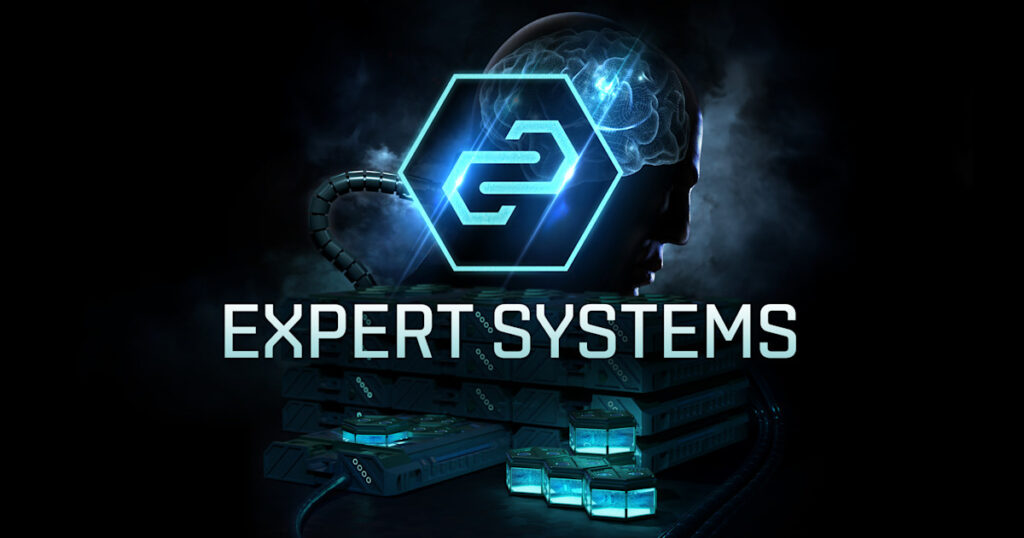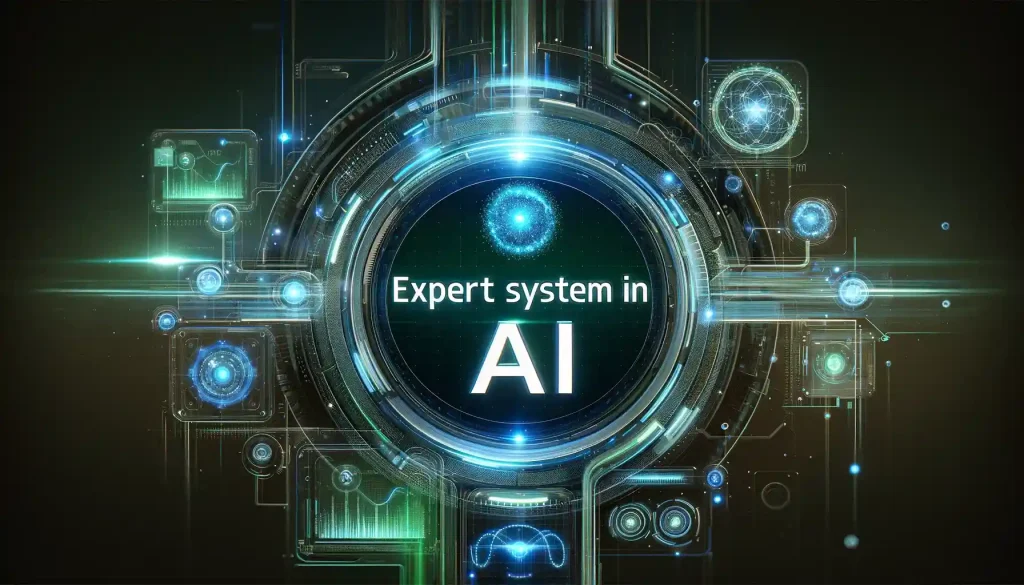An Expert System is a type of artificial intelligence system designed to solve specific problems and provide advice in a particular domain.
These systems are built upon the knowledge and experiences of experts in a specific field and help users make better decisions.
Thats are commonly used in areas such as medicine, engineering, finance, and management.
Main Components :
Some expert systems have the ability to learn from new experiences and can update their knowledge base.

Main Branches
1 . Rule-Based Expert Systems
These systems use a set of “if-then” rules for inferring conclusions.
The knowledge base contains these rules, and the inference engine operates using them. Example: diagnostic systems.
2 . Frame-Based Expert Systems
These systems use data structures called “frames” to store and process information. Each frame contains attributes and relationships related to a specific concept.
This type of system is generally suitable for modeling more complex concepts.
3 . Bayesian Expert Systems
These systems utilize probability theory and Bayesian networks for inference and uncertainty analysis. They can assist in identifying and analyzing the likelihood of a specific event occurring.

4 . Fuzzy Expert Systems
These systems use fuzzy logic to process uncertain and vague information.
They can effectively work with imprecise and uncertain data and are applied in areas such as process control and decision-making.
5 . Machine Learning-Based Expert Systems
These systems can learn from new data and update their knowledge base.
They typically include supervised or unsupervised learning algorithms and can be used in data analysis and predictions.
6 . Hybrid Expert Systems
These systems combine multiple types of expert systems and can leverage the advantages of each subfield.
For example, a system may simultaneously use rules and machine learning.




No comment